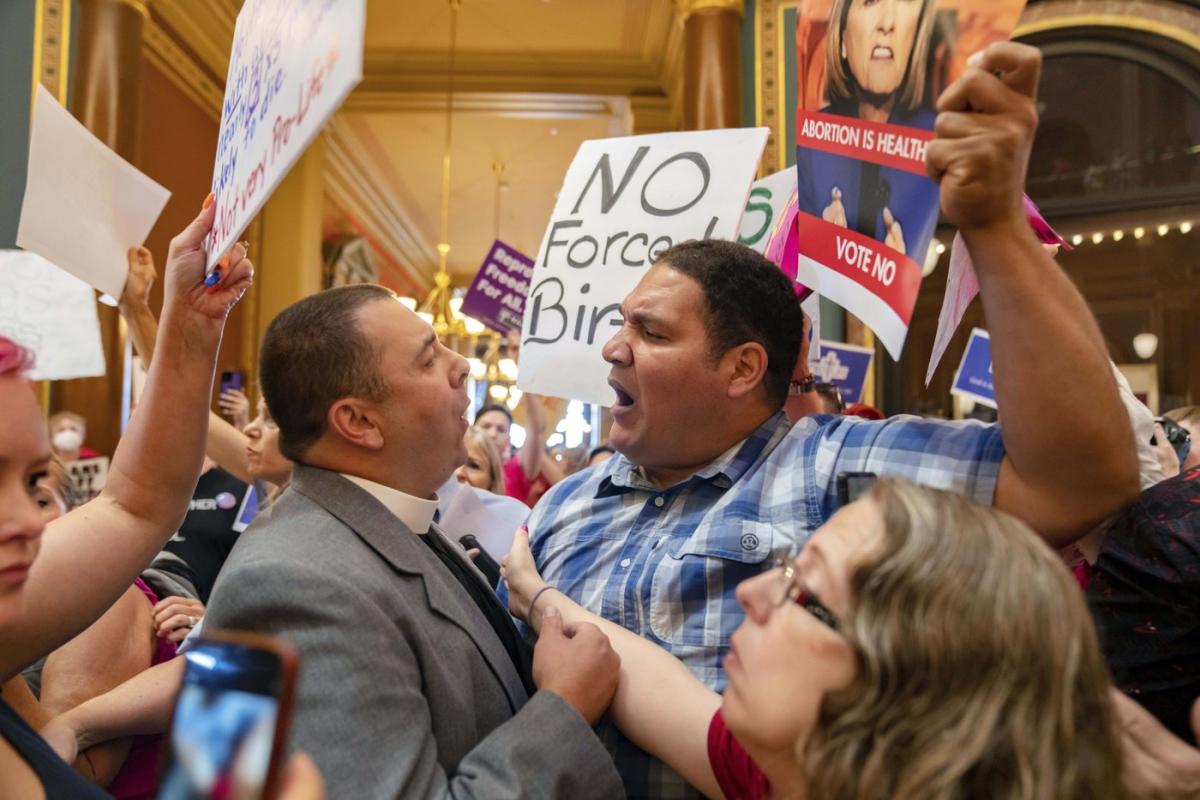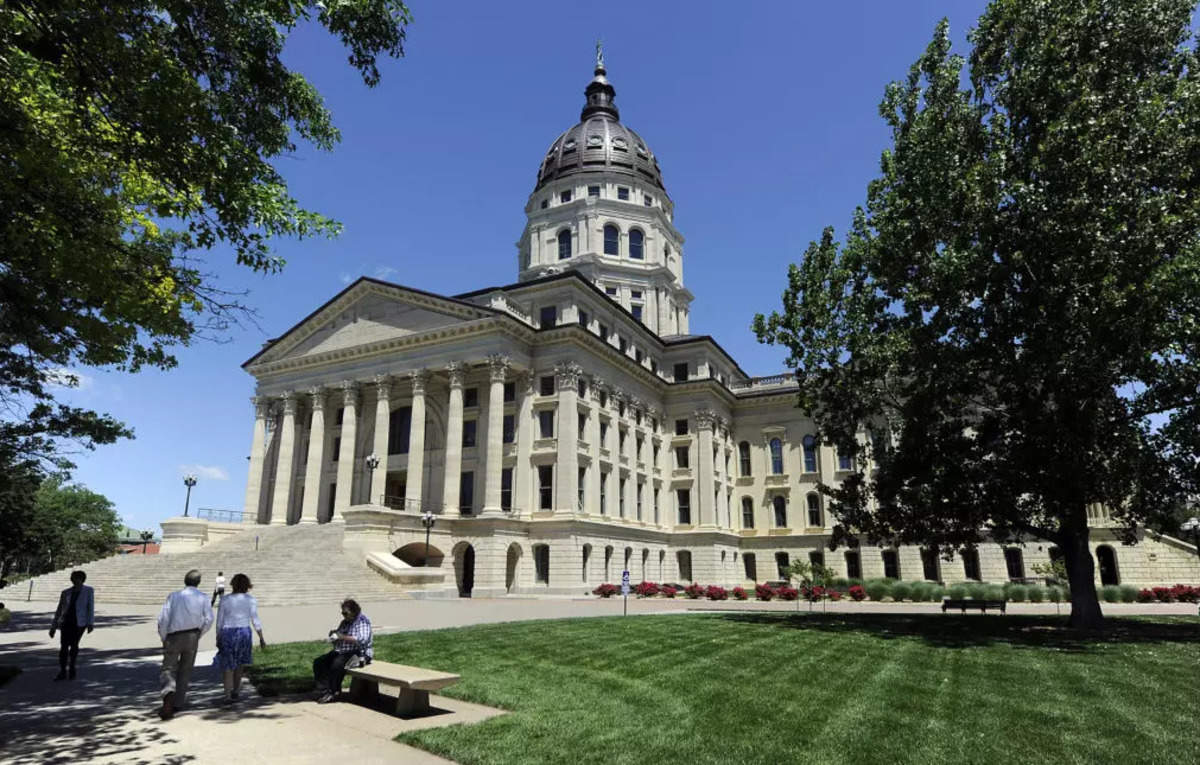

Kansas' highest court has struck down two state laws that imposed stricter regulations on abortion providers and banned a common second-trimester procedure. The court's rulings, which were decided by a 5-1 majority, reinforce the state's commitment to protecting abortion access. These decisions indicate that Kansas faces more limited options for regulating abortion than previously believed, and suggest that other restrictions on abortion could also be invalidated. In a 2019 ruling, the Kansas Supreme Court declared that abortion access is a fundamental right protected by the state constitution, emphasizing the importance of bodily autonomy. Kansas has diverged from other Republican-controlled states since the U.S. Supreme Court's Dobbs decision in 2022, which granted states the authority to ban abortion outright. According to the state health department, approximately 600 dilation and evacuation (D&E) procedures were performed in Kansas in 2022, accounting for 5% of the state's total abortions [c9a8d7ba].
This development in Kansas further underscores the ongoing debate surrounding abortion access in the United States. While some states have enacted restrictive anti-abortion laws, the Kansas Supreme Court's decisions affirm the state's commitment to upholding the right to abortion. These rulings highlight the importance of protecting bodily autonomy and recognizing abortion as a fundamental right. The decisions also suggest that other states with similar anti-abortion laws may face legal challenges that could lead to the invalidation of those laws. The Kansas Supreme Court's stance on abortion access adds to the evolving landscape of reproductive rights in the country [c9a8d7ba].
In a related development, the Iowa Supreme Court has ruled in favor of a strict abortion law, instructing a lower court to dissolve a temporary block on the law. The law bans most abortions after about six weeks of pregnancy, before many women know they are pregnant. The ruling is a win for Republican lawmakers and makes Iowa one of more than a dozen states with restrictive abortion laws following the overturning of Roe v. Wade in 2022. The majority opinion of the Iowa Supreme Court stated that there is no constitutional right to abortion and that the state has a legitimate interest in protecting the unborn. However, Chief Justice Susan Christensen delivered a dissent, arguing that the majority opinion strips Iowa women of their bodily autonomy. The ruling comes after a yearslong legal battle over abortion restrictions in Iowa and is expected to have an impact on the 2024 election. Abortion providers in Iowa have stated that they will continue to operate within the confines of the law. The law allows for abortion after six weeks in limited circumstances, such as rape, incest, fetal abnormality, or if the pregnancy endangers the life of the patient [3f7cfd33].